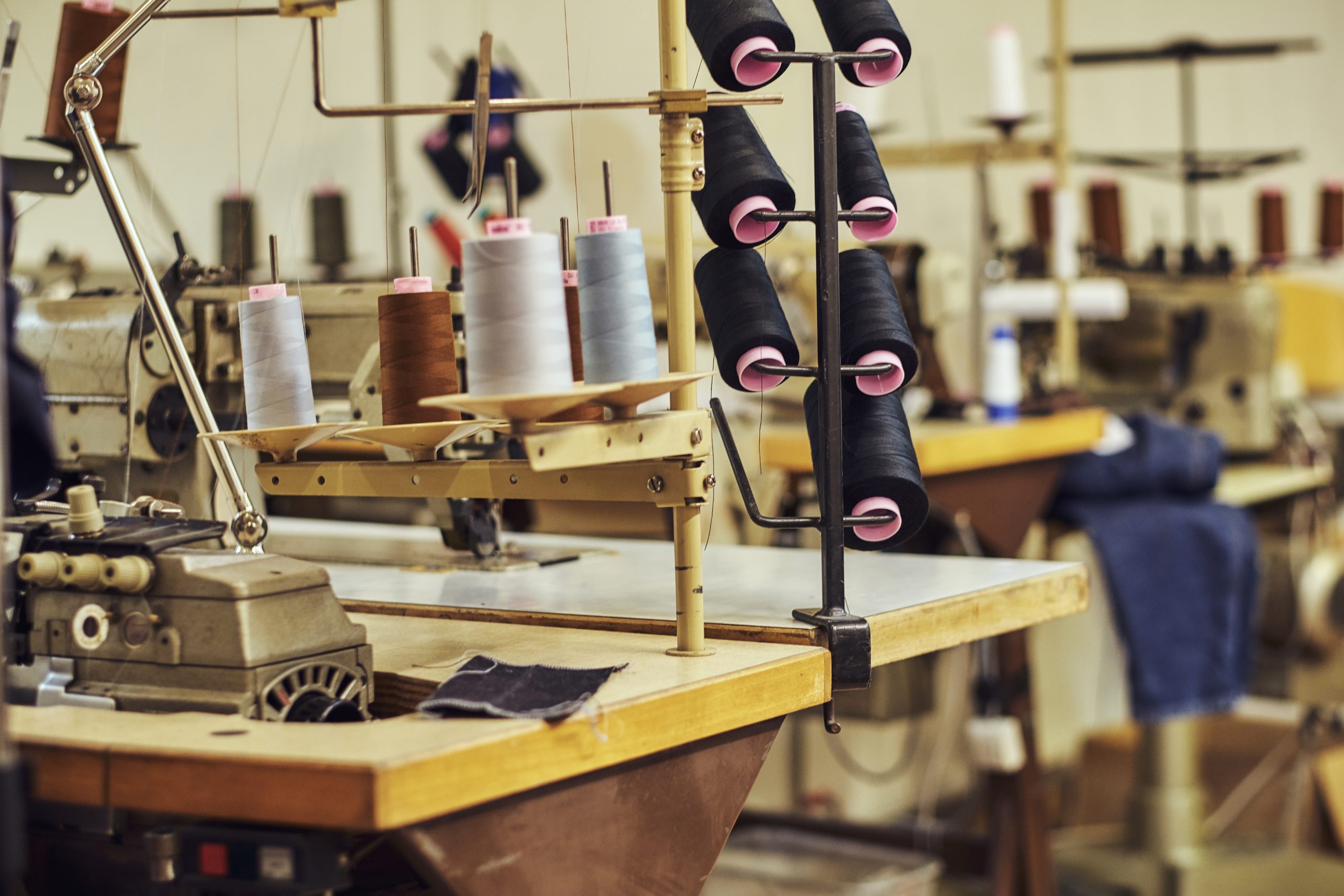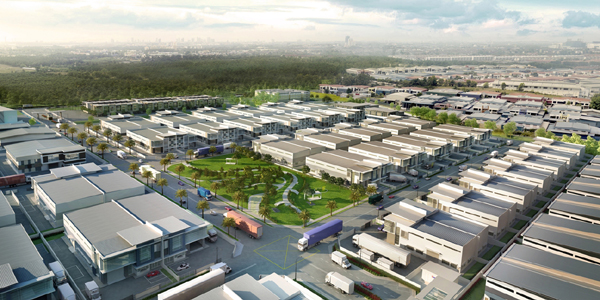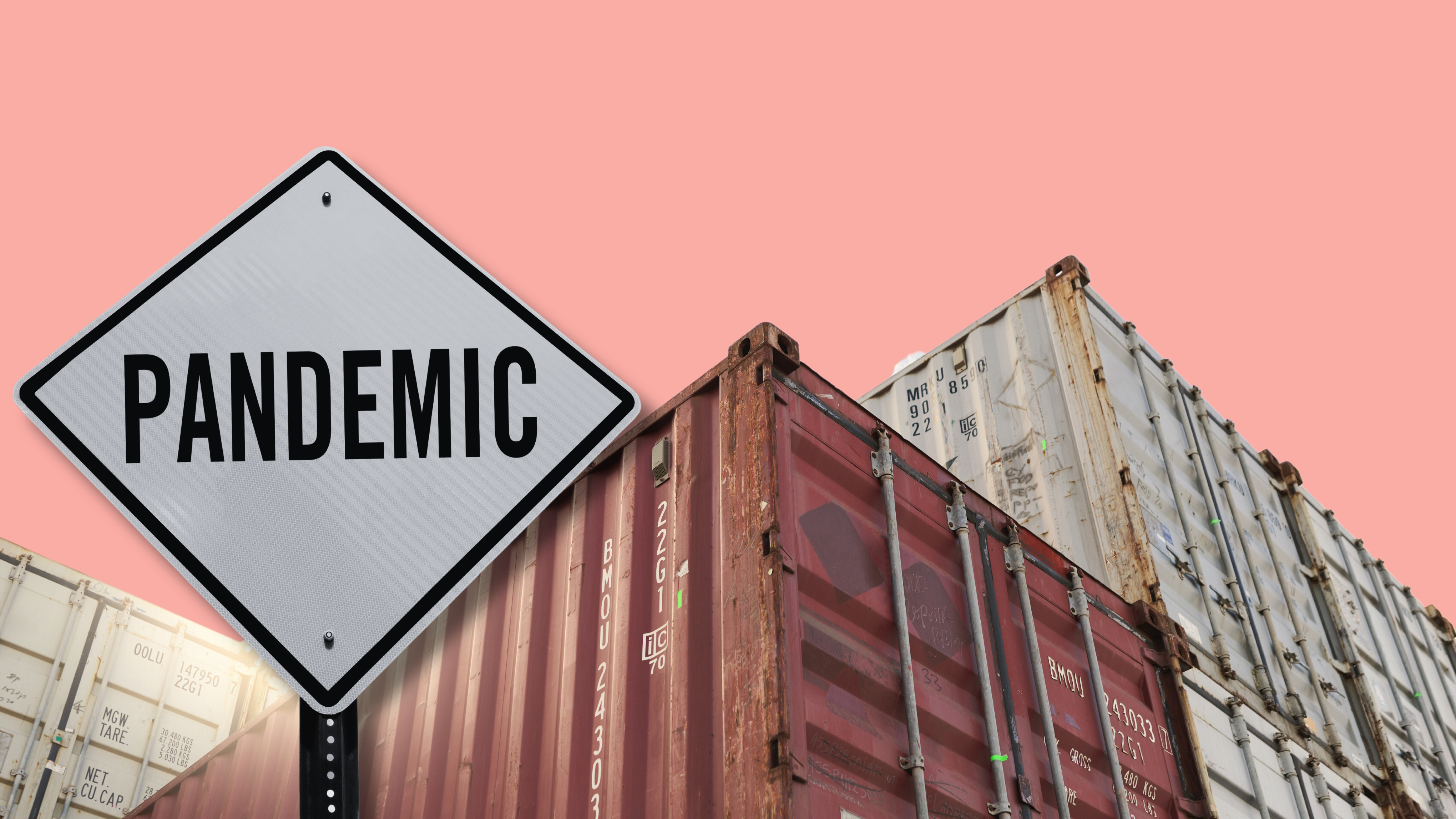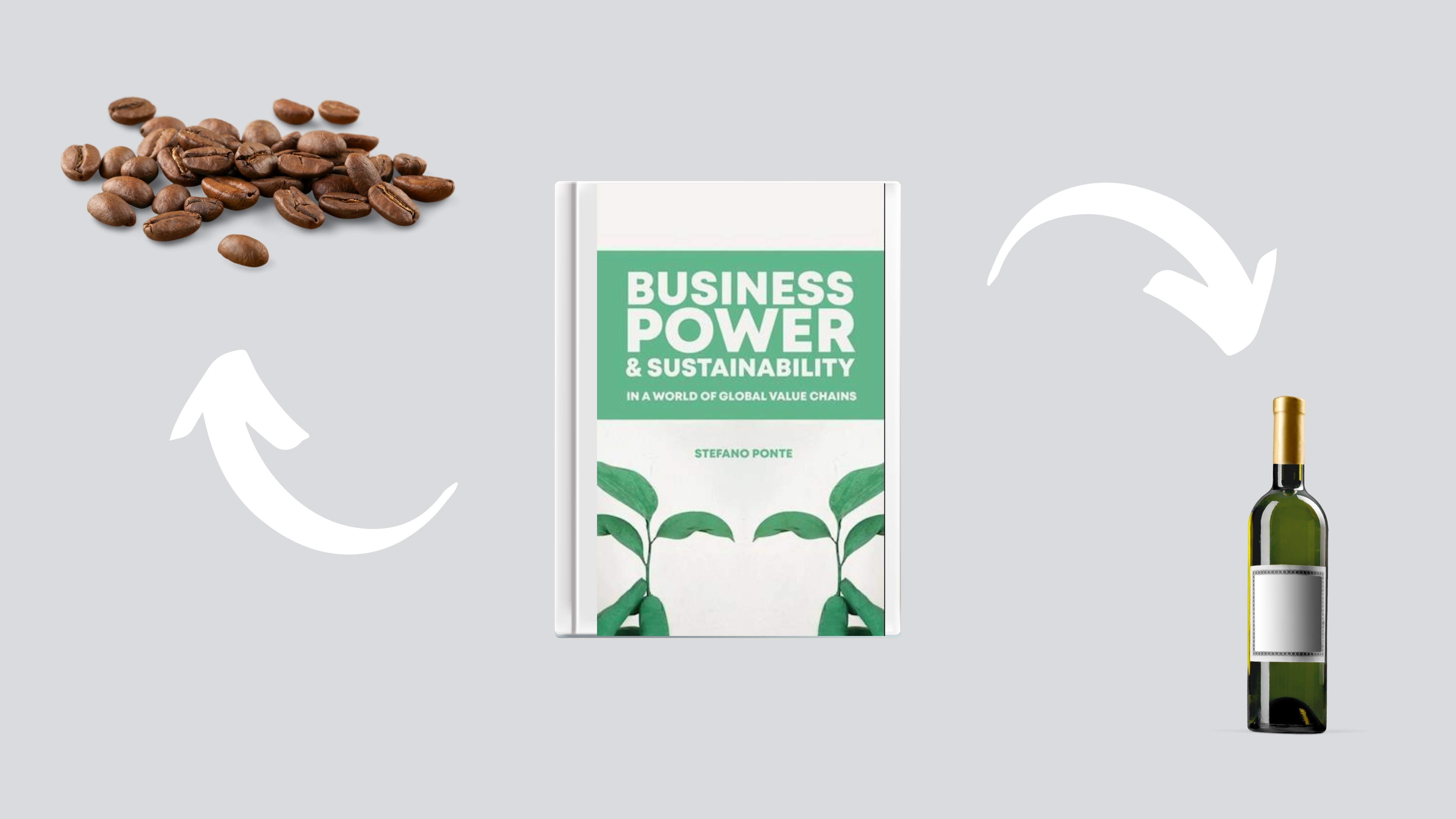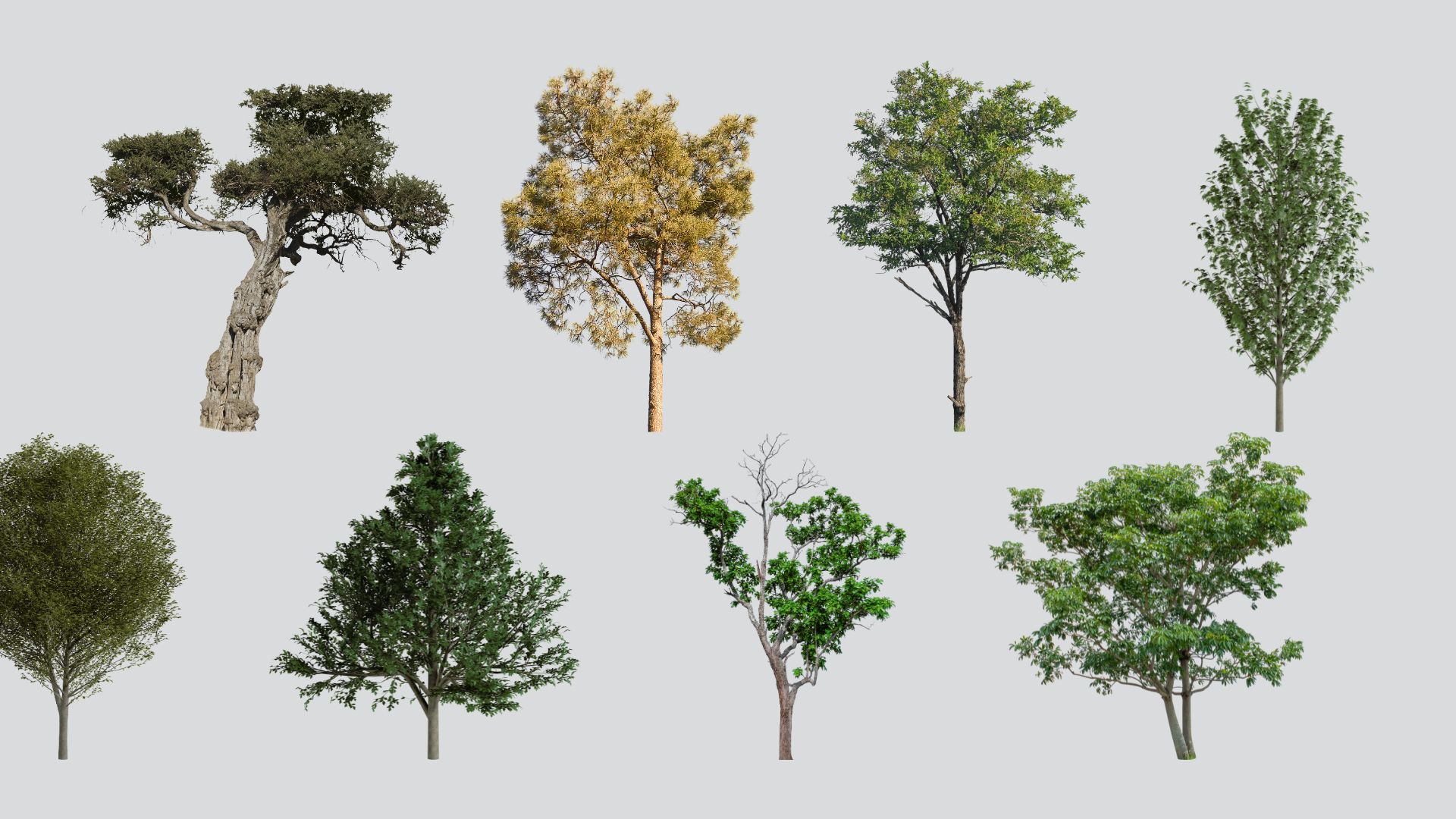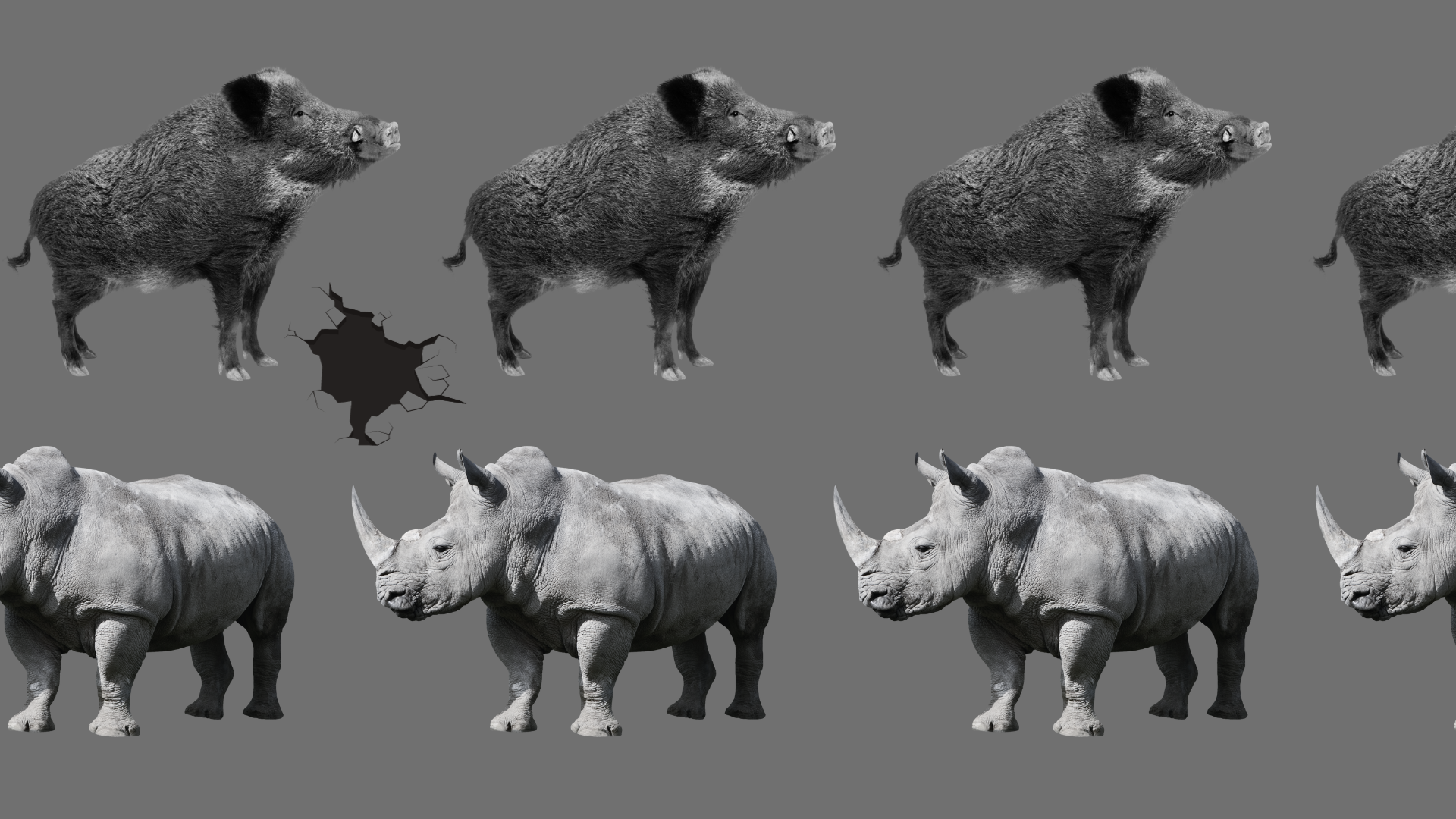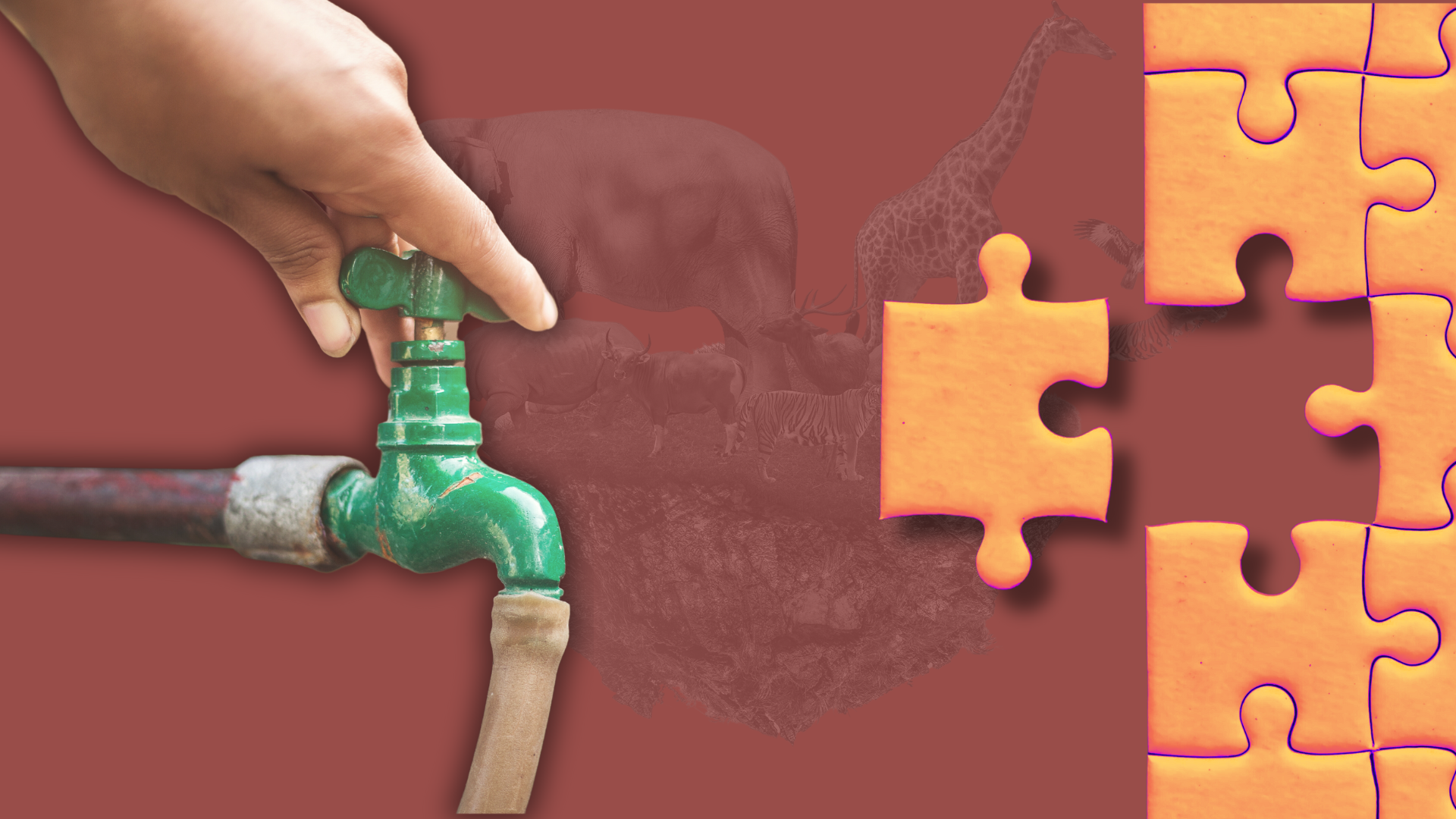Are shareholders the main beneficiaries of the global apparel industry?
By Felix Maile and Cornelia Staritz
Who captures most of the profits created in the global apparel industry? In this blog, we question the dominant perception of stock markets serving as the major ‘source of finance’ for apparel corporations to run their operations. Analyzing patterns of value creation and capture as well as corporate financing in the past 30 years, we come to a different conclusion: Stock markets barely contribute to apparel lead firms’ financing. Instead, apparel lead firms have funded stock markets, based on the profits that they generated vis-à-vis manufacturers and workers in their value chains.
Southern African Garment endeavors and impressions’ – Part 1: The lives of managers – Southern African cross-border manufacturing operations in times of lockdowns
By Andries Bezuidenhout and Søren Jeppesen
Our main focus here is an ethnographic description of how South African managers decide to run their operations in neighbouring countries, but we have to mention here that the upshot of the Covid-19 pandemic and the lockdown was that there was a reinforcement of regional production networks.
Worker power and decent work in apparel export industries
By Kristoffer Marslev and Lindsay Whitfield
Explaining variation in apparel workers’ wages and working conditions, both between producer countries and over time, is a key objective of the Creating and Capturing Value in the Global Apparel Industry project. In this post, we present findings from a comparative analysis of export apparel in Cambodia, Vietnam and Madagascar. These insights feed into a broader conceptual argument about how and why labor regimes change in labor-intensive industries in the global South.
The macro-financial weakness of Europe’s policy on EV manufacturing
By Cornel Ban
Observers of the Chinese EV ascendancy are correct in highlighting how China’s industrial policy, rare earth abundance, and subsidies have left Europe lagging in the race to electrify the automobile industry. Yet, their analysis misses three crucial financial dimensions underpinning China’s success in cleantech innovation and EV leadership.
What determines wages in apparel export firms in Kenya and Ethiopia?
By Florian Schaefer
We have been collecting data on firms and workers in the apparel export sectors on Kenya and Ethiopia to help us better understand the opportunities and challenges that apparel production can bring.
Conducting multi-sited fieldwork to investigate transnational capital in GVCs
By Felix Maile and Lindsay Whitfield
As part of our ‘Creating and Capturing Value’ project, we seek to investigate the drivers for (uneven) value distribution between fashion brands, supplier firms and workers in the global apparel industry.
Promoting Due Diligence and Innovation for Sustainability in Global Garment and Footwear Value Chains
By Rachel Alexander
Do compliance audits incentivise factories to conceal problematic practices? Could a focus on identifying risks encourage brands to collaborate more closely with their factories, fostering collaborative upgrading processes?
Towards shorter supply chains? Understanding shifts in the global apparel industry
By Felix Maile and Cornelia Staritz
There has been much talk about the reconfiguration of global supply chains in recent years. Intensified geopolitical tensions, the climate crisis, digitalization
Value and Wealth Entanglements in the Gold Industry
Entanglements of value and wealth are essential features of contemporary global capitalism. Still, value and wealth have until now mainly been studied in isolation from each other. For our understanding of how value and wealth entangle, gold is a case in point.
How and why firms in low-income countries seek to build capabilities in new export industries?
by Ayelech T. Melese and Lindsay Whitfield Industrialization is the main driver of higher per capita incomes and a rising standard of living in low-income countries. Industrialization may be catalyzed by foreign direct investment. However, it is sustained by national firms becoming internationally competitive in range of industries, which should increase in technological complexity as…
Can African countries build competitive fiber-to-garment industries fit for the 21st century?
by Lindsay Whitfield The textile and apparel industry is a globalised industry characterised by a high degree of dependency and fragmentation in global supply chains. From the mid-20th century, cotton textile and apparel manufacturing production relocated from industrialised to developing countries, particularly in Asia, and was quickly followed by the emergence of the petrochemical industry and…
Industrializing through global value chains? The case of the South African automotive industry
When trying to come up with lessons for developing countries that want to industrialize today, people usually refer back to the success of East Asia. But 40 years have passed since South Korea and Taiwan industrialized through exporting and import substitution.
Supply Chain Responsibilities in a Global Pandemic
What is the responsibility of Western retailers to the workers who make their garments as the corona virus forces factories to shut down?
We must move beyond ‘green capitalism’
Big corporations are branding themselves as sustainable. But the capitalist logic of expansion and consumption that make them thrive is the real climate issue, CBS professor claims in a new book. Stefano Ponte, Professor of International Political Economy and Director, Centre for Business and Development Studies, Copenhagen Business School, spo.msc@cbs.dk Green growth, corporate social responsibility…
Taking the Environment Seriously in Agricultural Global Value Chains: Why It Matters to the Bottom
With the advancement of globalisation, 80% of trade flows through global value chains (GVCs). Agriculture and agro-processing GVCs are one of the largest employers for less developed countries, especially in Africa and Asia.
Living in wildlife villages: the elephant in the backyard
When I joined the NEPSUS team in 2016 as a PhD candidate, I didn’t expect to come across wild animals in the villages. On the day of my arrival to Mloka village in March 2017, I immediately bumped into elephants at Selous Kinga Lodge.
The Seeds of a Good Anthropocene? Community-based conservation initiatives beyond commercialization
Anthropogenic activities have driven planet Earth into a new geological era – the ‘Anthropocene’. Our actions and practices have been reshaping landscapes and ecosystems in different parts of the world.
Multi-stakeholder forest governance and the challenges of sustainability
A central controversy is hampering plans for sustainable natural resource management in many Tanzanian villages: who owns and controls the so-called ‘open areas’? Open areas are designated village lands that can contain extensive forests.
Elephants and Sesame
There is an old adage among Marxists that the one thing worse than being exploited by capital is not being exploited by it at all. Capital may extract profit from surplus labour, but it is worse still for the labourer to have no one to sell their labour to.
ANALYTICAL CODING USING NVIVO: Qualitative Data Coding by a Team of Interdisciplinary Researchers
New Partnerships for Sustainability (NEPSUS) is a Tanzanian-Danish research project that involves fifteen researchers with different disciplinary backgrounds and expertise. This is a great strength but, at the same time, a challenge.
Incomplete local community participation in the management of coastal resources: The Mtwara case
Speaking of local community participation in the management of coastal resources in rural Mtwara, one can’t avoid to emphasize the role of individual activists and local NGOs. Amida Doto (not her real name) is one of these activists.
A Double-Edged Sword for Development: A Narrative of Wildlife Crop Damage
In Tanzania, it is not very common to criticize the government and their conservation measures. Although the visibility of developmental progress in rural areas is very limited, local villagers continuously emphasize their deep gratitude for the progress seen.
The Tragedy of Water at Ngarambi
Since the inscription of the Selous Game Reserve into the UNESCO register of World Heritage in Danger in 2014 and increased anti-poaching measures, the number of elephants in nearby villages has drastically increased. Sadly, this success for wildlife conservation does not come without consequences for the local population.
Challenges in the Mnazi Bay-Ruvuma Estuary Marine Park, Tanzania: Past and present
In March 2018 I visited Mnazi Bay-Ruvuma Estuary Marine Park (MBREMP) in Mtwara as part of a field research trip with the coastal working group of the NEPSUS project to carry out data collection.
How to survive on ‘leftovers of nighttime spinach’: Local narratives of human-wildlife inter
Recently, I was part of the NEPSUS survey team visiting households in villages adjacent to the Selous Game Reserve in Kilwa and Rufiji Districts, Tanzania. One of the sampled heads of households at Tapika village was Juma (not his real name).
On fishing and dynamite in Mtwara, Tanzania
By Rasul Ahmed Minja as part of the NEPSUS Series When I joined the NEPSUS team of researchers in 2016, all with different academic and rich research backgrounds, I couldn’t hide my excitement and shared the news with a close workmate. The excitement further grew when I learnt that I would be part of a…
Conservation Partnerships in a Warzone
By Christine Noe as part of the NEPSUS Series Battling in the Rufiji Delta goes back to colonial times, when German cruiser SMS Königsberg and a group of British warships fought in the area during the First World War. The British ships were more powerful, but were unable to navigate the delta to open fire…



